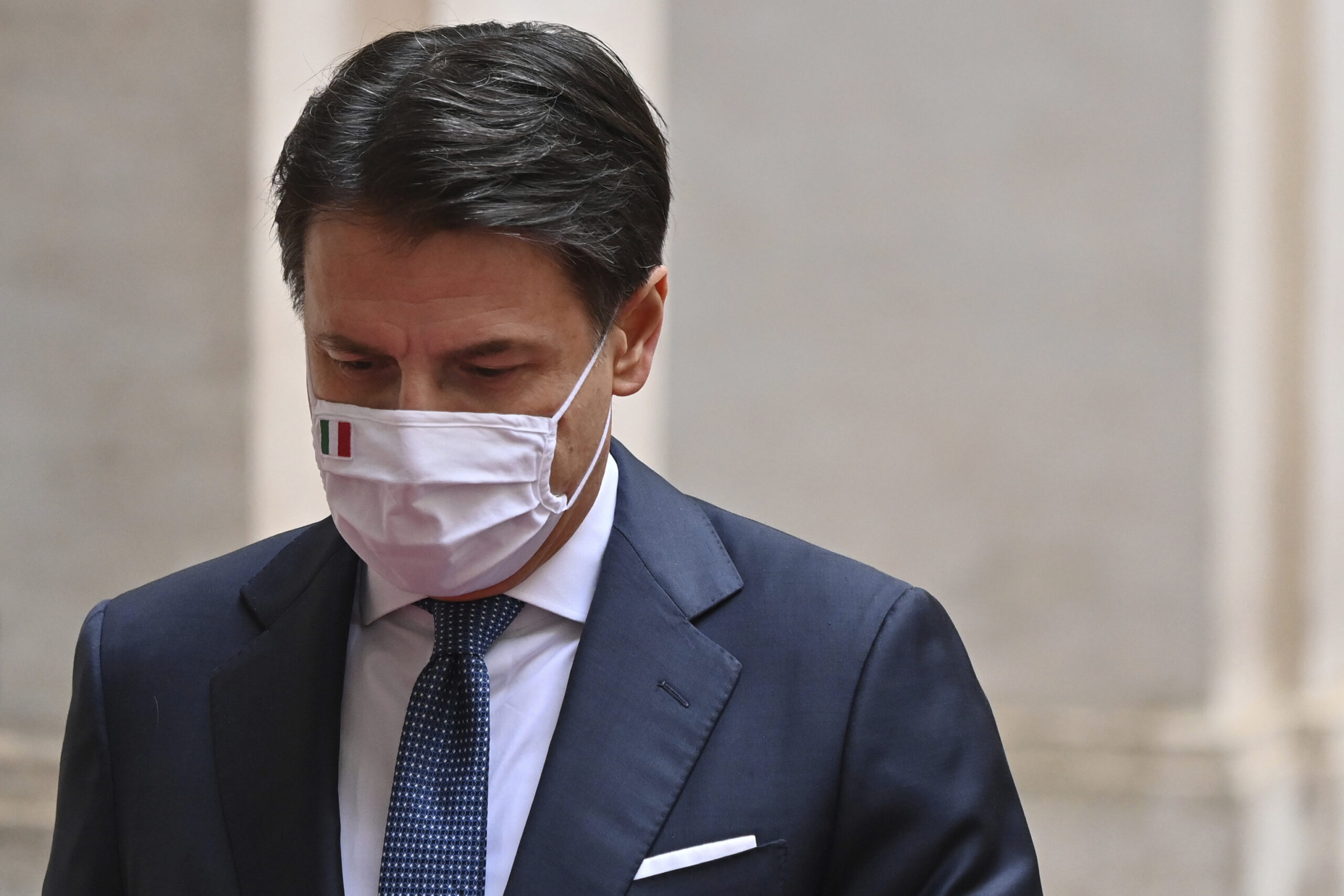The decision of the 5 Star Movement not to vote for confidence in the Aid decree launched by Mario Draghi to alleviate the economic shock in the autumn today opened a government crisis. How did you get to this point?
The reasons are different and have gradually added up over time. But let’s start with the last ones, which can be considered as the straw that broke the camel’s back: the Aid Decree and the nine-point document on interventions for families and workers.
The 5-Star Movement does not like the Aid Decree and that is why it distanced itself from the vote of confidence, as the majority of Italian senators did (in the Senate there is a single vote, that is why the Five-Star senators left the Chamber) . Draghi’s partner rejected a rule that grants extraordinary powers to the mayor of Rome in matters of waste. Having agreed to see its political cornerstones torn down, Five Star has turned that workhorse into a matter of principle.
The other area of confrontation with Draghi these days refers to the “social question”. Conte delivered a nine-point document to the prime minister. There are several types of requests: from the defense of citizenship income to the minimum wage, from an extraordinary intervention for families to the Superbono.
After Draghi’s meeting with the unions last Monday, he said that many of the aspects discussed were acceptable, however, Conte held back yesterday: “I have to record the president’s willingness to meet with us on all points, but he is Of course, declarations of intent are not enough. Concrete actions are needed so that citizens feel the effects of these measures in their pockets”. This is just the latest sign of friction between the two. Just 15 days ago the controversy began, sparked by the revelations of the sociologist Domenico De Masi, about the alleged pressure that Draghi would have exerted on Beppe Grillo to remove Conte from the 5 Star Movement. In that case there was a beginning of clarification (a phone call) which, however, was not followed by a real confrontation. Then there was the split headed by Luigi Di Maio. Even within the 5 Star Movement there are those who have seen the hand of the prime minister. Suspicions and accusations that have overheated the climate and that certainly did not favor dialogue between Conte and Draghi.
The president of the M5S never regretted the end of his second government. Even if he does not openly declare himself, there has always been mistrust of the new prime minister. The human relationship never took off. There was also proof of this last January when voting for the Quirinale. Draghi had made it clear that he liked the transfer of the Palazzo Chigi to the Colle, Conte did his best to avoid this possibility. In his opinion, the Prime Minister should have remained, as has happened, at the head of the Government. But there are, even within the M5S itself, those who have seen a kind of personal “revenge” (even Di Maio was for Draghi’s climb to the Quirinale, and this weighed).
Conforms to The Trust Project criteria
















